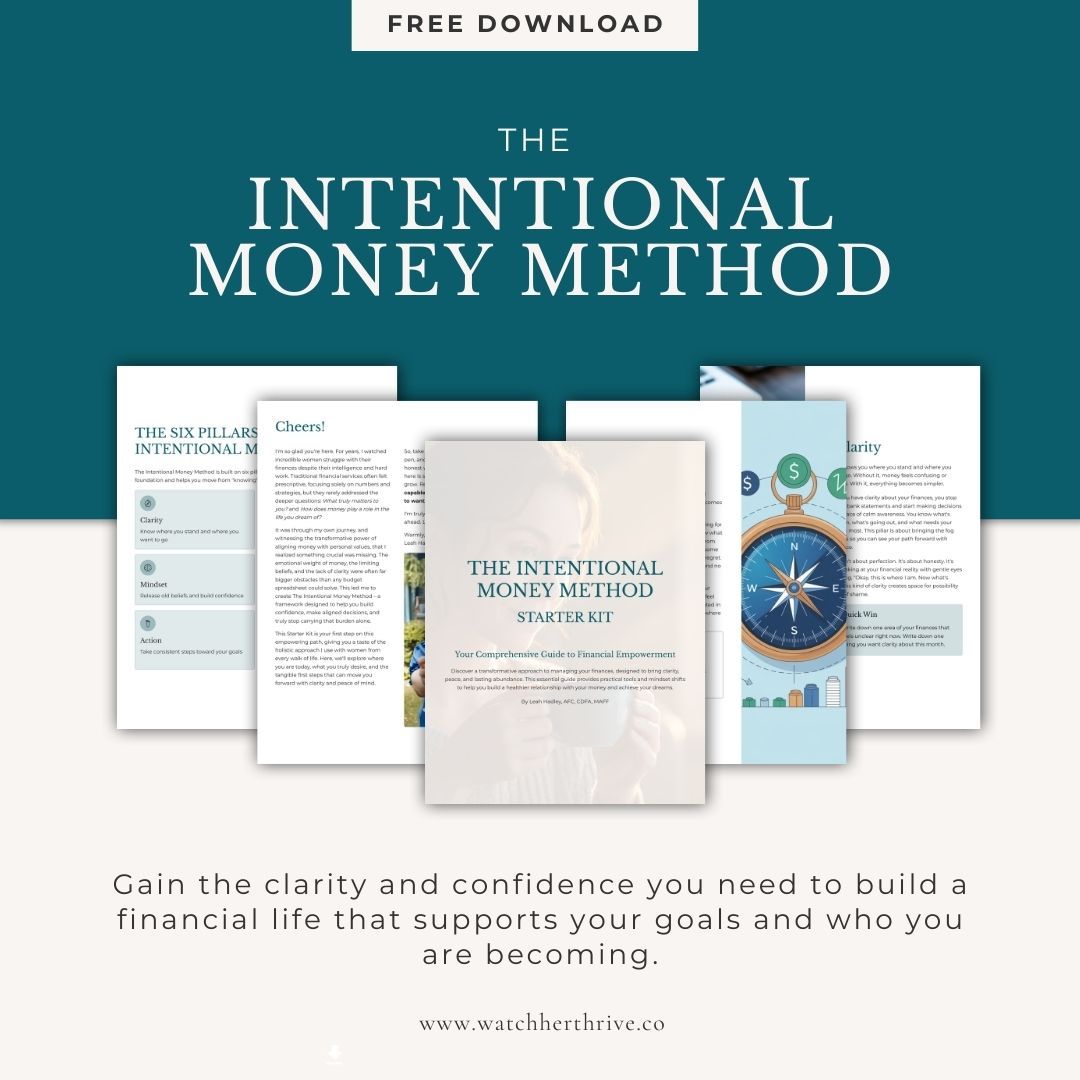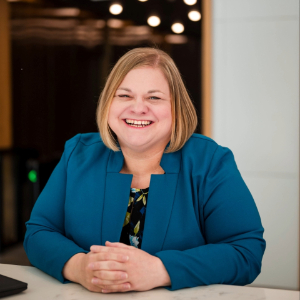Should You Pay Off Debt or Save For Retirement?

Juggling multiple financial goals can be stressful and confusing. It's especially challenging to make progress on other financial goals when you're drowning in debt. The message is clear when it comes to saving for retirement - start early! However, some financial gurus are adamant that you should pay off all of your revolving debt before investing for retirement. So, should you pay off your debt first or start saving for retirement? How do you decide?
#1 Make a Budget
When making your budget, you have to consider everything. Evaluate how much you make, your expenses such as insurance (health and vehicle), utilities, groceries, etc. your debts, and your saving plans. When figuring out each month what you can afford, we have to make sure we have every aspect covered in our life. Going through the budgeting process will help you determine the money you have available for debt repayment as well as for retirement savings.
For each debt, be sure to identify the balance, the associated interest rate, and the minimum payment. Keeping up with at least the minimum payment is critical to maintaining a good credit score.

Also looking at how much you make before and after taxes. This can help determine the type of retirement plan you are eligible for.
Related post: Creating a Budget for 2020
#2 Retirement at a Glance
There are retirement plans that get taxed. Some are taxed before you even see your paycheck. They are all different. For some of us, our employers will match the amount put towards a retirement fund. 401(K) plans, Individual Retirement Accounts (IRAs), Roth IRAs, Roth 401(K), Simple IRA, and SEP IRA are a few types of retirement accounts.
The 401(K) plan is the most common employer retirement plan. Contributions are made directly from your paycheck and may even be matched by your employer.
IRA stands for Individual Retirement Account. An IRA gives you a lot of flexibility in terms of what you invest in, unlike a 401(K), where your options tend to be fairly limited.
Related post: Navigating New Horizons: Planning for Retirement After Divorce

Roth IRAs are after-tax dollars, which means any money generated in the Roth IRA won't get taxed again. A Roth 401(K) combines aspects of the Roth IRA and 401(K), and it's offered through employers. The money put into this account is after-tax dollars, but they are never taxed again if you stay with this plan for five years.
SIMPLE and SEP IRAs are designed for small businesses.
When deciding on the right retirement account for you, start with what your employer offers. Usually, they find the best plan for their company and employees. Sometimes all these different moving parts are hard for people to understand. The next best thing to do is ask a financial advisor to step in and help.
Related post: Stop Living Paycheck-to-Paycheck Step 1
#3 Get professional help
After figuring out all these different moving parts with your budget, debts, and retirement plans, it can get overwhelming. It could be beneficial to seek the help of a financial advisor. They will help look at all the numbers that you give them to figure out the best plan of action for each personal situation. They will break it down into categories and give you tips and tricks to become successful for your future.

To find a financial advisor, start by asking those you know for a recommendation. You can find financial advisors with a quick google search or at places like wealth management companies.
A professional can advise you regarding how much you should put away for retirement based on your age. If you are younger, the advisor might suggest 5%, and then as you get older, they might suggest increasing the percentage. A financial advisor can help you figure out a financial plan to grow your retirement account and decrease your debts. You have to stick to it and know that it will work out down the road. Slow and steady wins the race!
Related post: Reduce Your Fear with a Simple Checklist: What to Discuss with Your Financial Advisor
#4 Perseverance
Working day in and day out can seem exhausting and debilitating. Then trying to prep for your future with a retirement plan but paying off debts now, so you don't have to worry about them later in life. I would suggest creating a clear plan that will get you where you want to be.
Most retirement plans will gain over time, whereas if you only pay the minimum on your debts, you're wasting more money by paying the interest every month. Work on each debt, knowing that when one gets paid off, you are that much closer to financial freedom! Remember, all the sacrifices and choices you make now will affect how well you will live your life during retirement.
If you need help getting clear on your financial priorities, join us for our next Empowered to Thrive Workshop. Click here to learn more.



